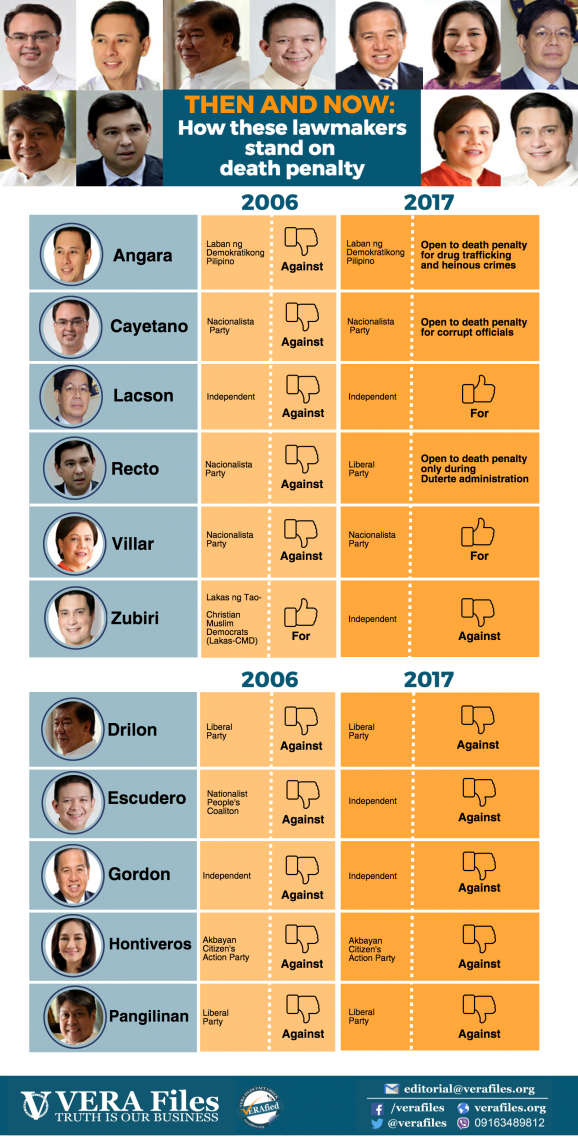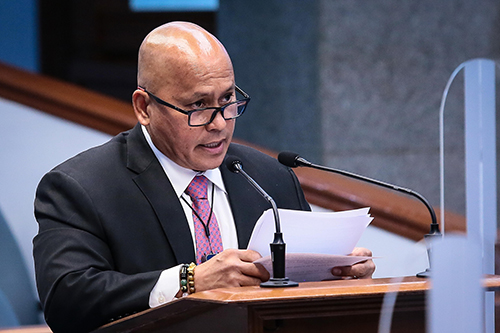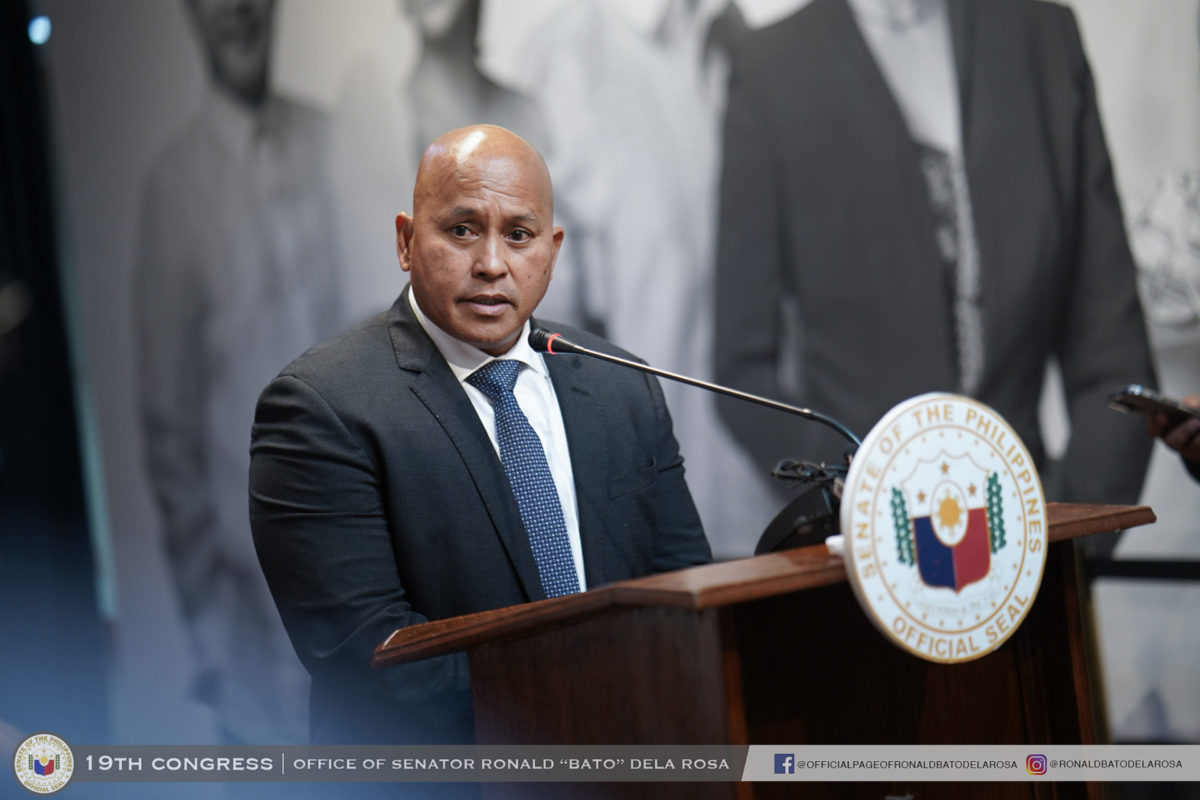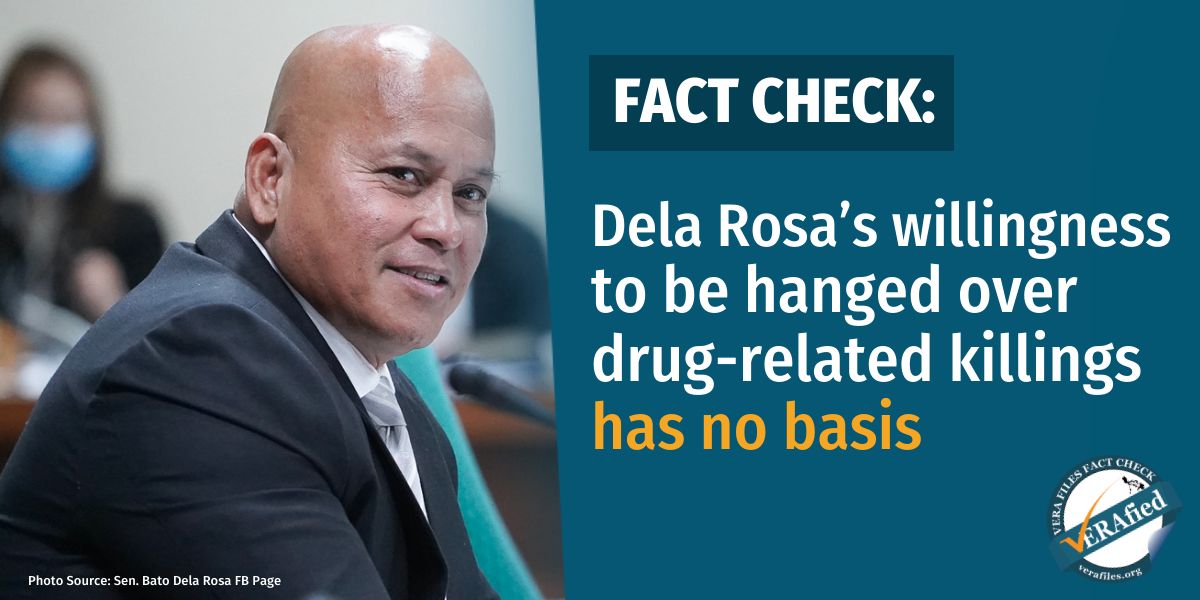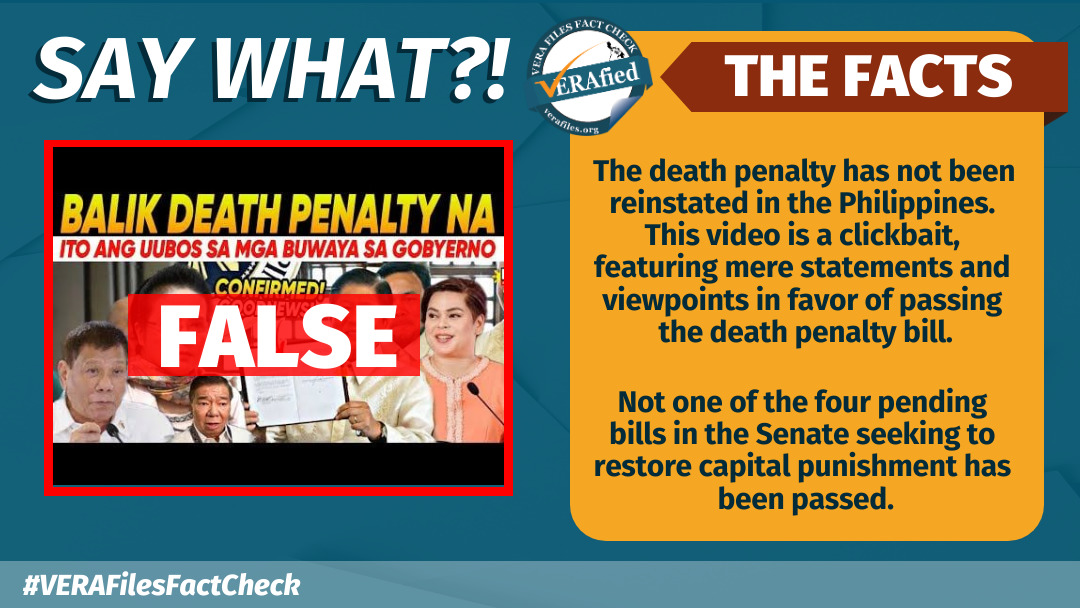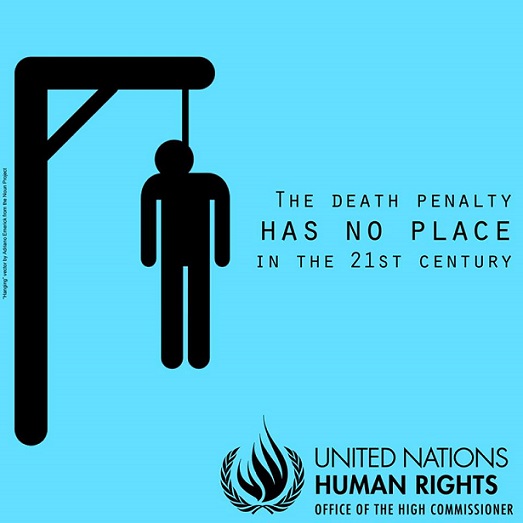
“There was death on Ash Wednesday”
I like this lead by RG Cruz of ABS-CBN in his report about the approval of the death penalty bill by the House of Representatives.
RG wrote that “The House of Representatives has approved House Bill 4727, or the proposed Death Penalty Law, on 2nd reading in a viva voce vote.
“The approval came on Ash Wednesday, which kicks off the Lenten season in the Roman Catholic Church’s calendar. Lent commemorates the passion, execution, and resurrection of Jesus Christ.
“The approved version of the bill makes the death penalty an option for judges to impose on those convicted only for drug-related offenses. “
House Speaker Pantaleon Alvarez staked his leadership on this bill that is in support of President Duterte’s banner program which is eradication of the illegal drug menace through killings.
The bill re-affirms the Duterte administration’s advancement of the culture of death. More than 7,000 have been killed without going through the legal process in the seven-months of Duterte’s war against illegal drugs.
Death penalty in the Philippines was abolished in 2006, during the administration of Gloria Arroyo.
It is worthy to note that Arroyo, now a House deputy speaker, opposed the bill despite the threat from House Speaker Pantaleon Alvarez that those who oppose the bill will be stripped of their positions.
A Facebook post by Tony Hernandez reflects the sentiments of many who value life and humanity.
Hernandez said: “I was so proud when the Philippines became the first Asian country to abolish the death penalty. But now, I would like to puke whenever the Duterte-Sotto-Pacquiao triumvirate is mentioned. Barbarians!”
Hernandez wisely pointed out that the death penalty has nothing to do with justice.
“It just gives some people a sense of temporary satisfaction, like those lynchers who strung up black men up on trees in the Southern United States. Statistics have shown that crime does not go down because of the death penalty. In America, capital punishment cost the government billions of unnecessary dollars because death row inmates take up to 20 years of incarceration before they can be executed. The courts are clogged with hundreds of cases of appeal after appeal after appeal made by prisoners headed for execution. These are provable statistics, but then, statistics are useless for people who are afraid to think,” he said.
Studies after studies backed by experience of other countries have shown that death penalty is not a deterrent to crime.
In a statement last December appealing to Philippine officials not to restore the death penalty, Human Rights Watch said quoted the United Nations assistant secretary-general for human rights, Ivan Simonovic, saying there was “no evidence that the death penalty deters any crime.” Even with respect to murder, an Oxford University analysis concluded that capital punishment does not deter “murder to a marginally greater extent than does the threat and application of the supposedly lesser punishment of life imprisonment.”
HRW opposes death penalty in all circumstances because of its inherent cruelty.

Champions of death penalty. From left, Ilocos Norte Rep. Rodolfo
Fariñas, Sen. Tito Sotto, House Speaker Pantaleon Alvarez and Pres.
Duterte. Photo taken July 2016 when the President delivered his first
State of the Nation address.
RG Cruz’s report said “The proposed law imposes the penalty of reclusion perpetua to death and a fine ranging from P500,000 to P10 million in addition to absolute perpetual disqualification from any public office, on any public officer or employee who misappropriates, misapplies, or fails to account for seized dangerous drugs.
The bill adds: “Any elective local or national official found to have benefited from the proceeds of the trafficking of dangerous drugs as prescribed in this Act, or have received any financial or material contributions or donations from natural or juridical persons found guilty of trafficking dangerous drugs as prescribed in this Act, shall be removed from office and perpetually disqualified from holding any elective or appointive positions in the government, its divisions, subdivisions, and intermediaries, including government-owned or controlled corporations.”
“Any person who is found guilty of ‘planting’ any dangerous drug and/or controlled precursor and essential chemical, regardless of quantity and purity, shall suffer the penalty of reclusion perpetua to death.”
The death penalty will not be imposed on a guilty person below 18 years of age at the time of the commission of a drug-related crime.
The bill authorizes hanging, firing squad, and lethal injection as modes of execution.
As we come to grips with the continued assault on our sense of humanity, we take comfort in the lesson of Lent – after Jesus Christ’s crucifixion and death, there was Resurrection.
